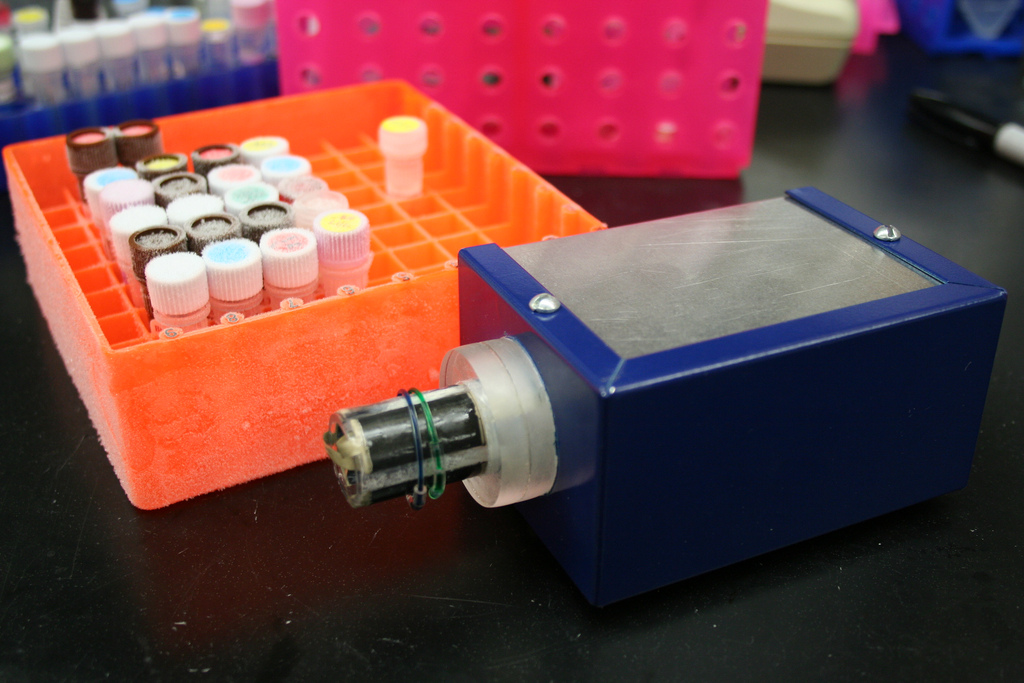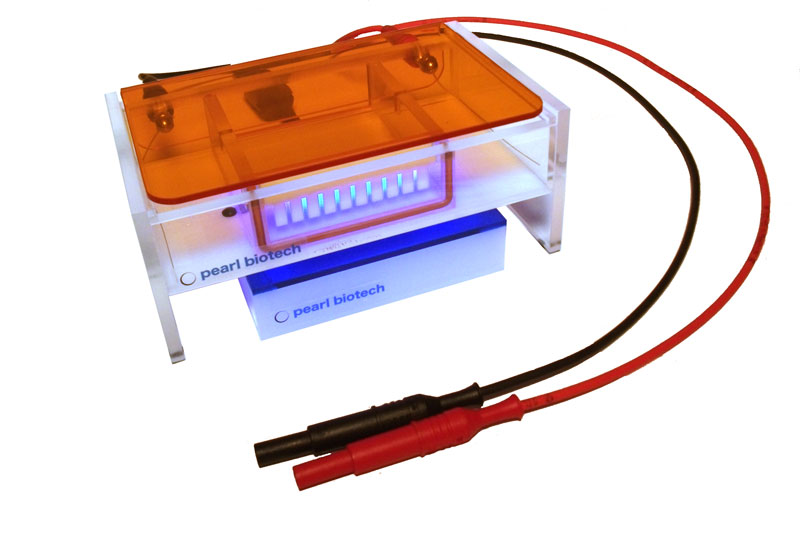Future Now
The IFTF Blog
Science—coming soon to a garage near you
Here in Silicon Valley, the lore—and allure—of the garage model for innovation is strong. I've heard it said, "It has been successful for IT and hardware . . . let's try bio!" Last month, my colleague, Alex Carmichael, highlighted a fledgling organization called BioCurious in a post entitled, "Curing Cancer in the Garage?" BioCurious bills itself as "a hacker space for biotech," and is one of the latest signals of this growing do-it-yourself science trend, which seeks to move discovery from traditional institutional research into the hands of citizen scientists.
This is a trend that we have been following for a while, but it seems to be picking up a head of steam these days. The "H+ Summit: Rise of the Citizen-Scientist," was held at Harvard in June; at the end of July, the inaugural Open Science Summit was held at UC Berkeley. The latter's tagline was, "Updating the Social Contract for Science," and it was organized by Joseph Jackson, who has become a major force in this movement (and is a co-founder of BioCurious). I've chatted with Jackson at several Quantified Self meetups, but the intensity of his conviction about Open Science really came across when we talked at last year's BIL:PIL.
Recently, I learned that Jackson is also involved with one of the most interesting DIY science hardware stories I have come across lately (thanks to David Pescovitz for his boingboing post). It's called the Lava Amp, and it is a low-cost, portable thermal cycler for performing rapid polymerase chain reaction (PCR), a fundamental research technique in molecular biology for replicating DNA sequences. Note the emphasis on low-cost—according to Jackson, it will bring the cost down from thousands to hundreds of dollars; and on portability—Guido Nunez, the Venezuelan scientist who co-developed Lava Amp, has commented that, "Unlike other supposedly portable devices announced in the past, which weigh up to 35 pounds and require a briefcase, LavaAmp fits on your hand." It also works on USB/AC power, and can perform PCR in 30 min or less.

As it turns out, one of the other DIY hardware stories I've been intrigued by lately is also used for working with DNA strands. Pearl Biotech is selling Open Gel Box kits (to find out what these are used for, see this fun tutorial on gel electrophoresis), developed by another BioCurious co-founder, Tito Jankowski. The project is based on the belief that,
Our generation will go where no one else has gone before, and keep going.
And we need new tools for our work, not square pegs cut to fit round holes. At Pearl Biotech, we make bioengineering accessible by designing cool, smart equipment for the modern genetic explorer.

I am fascinated by the extent to which understanding the foundational building blocks of life—our DNA—outside of traditional research and testing environments is becoming such an immediate part of the future of science and technology. Think of all the kids today for whom citizen science will come to mean studying and collecting data about their genetics, and what they will be able to do with that information.



